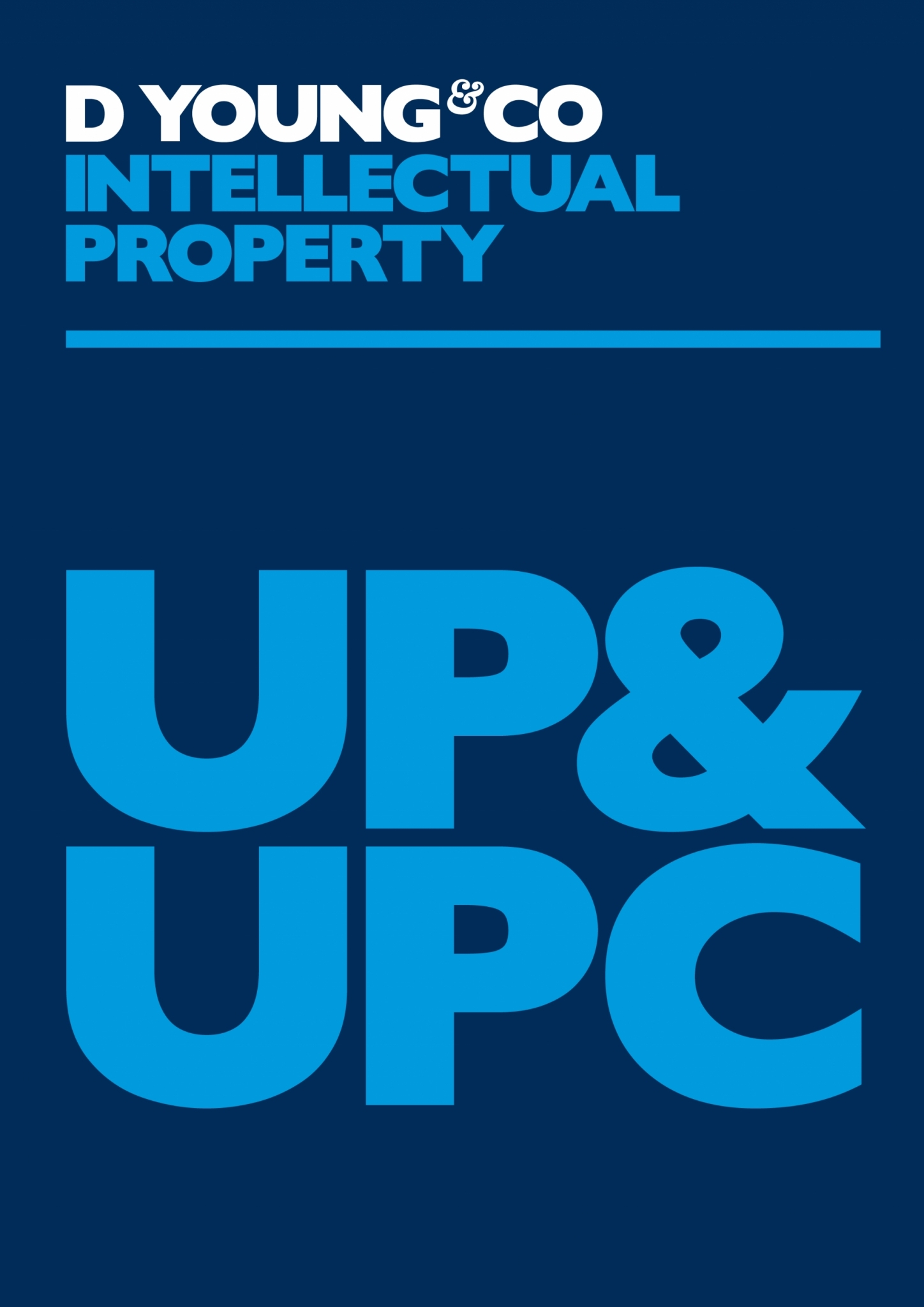Video assistant referee (VAR): Ballino v UEFA
The eyes of the footballing world are on Germany over the next month or so for the UEFA European Championship (EURO 2024). Spectators are guaranteed a festival of football with undoubtedly one or two refereeing decisions that will upset some fans. However, all football fans will be pleased with a recent decision handed down by the Hamburg Local Division of the Unified Patent Court (UPC) rejecting a preliminary injunction that may have stopped EURO 2024 from using the video assistant referee (VAR) in its current form.
Background
The European Championships use VAR technology. To assist with decisions such as offside and handball, the official match ball of this European Championship features adidas’ connected ball technology that was first used at the World Cup in 2022 and provides precise ball data that assists video assistant referees with instantaneous information to assist in making the correct decision. The connected ball technology uses a suspension system within the ball to detect every touch of the ball using an inertial measurement unit (which tracks acceleration and angular velocity of an object).
What happened?
A Dutch non-practising entity, Ballino BV, filed a request for provisional measures at the Hamburg Local Division on 18 April 2024 (ACT_16267/2024), alleging that Union des Associations Européennes de Football (UEFA) and its technology partner Kinexon Sports & Media GmbH and Kinexon GmbH (the defendants) infringed its patent EP1944067B.
The patent in suit was filed on 10 January 2007 and relates to a method and system for detecting an offside situation by, according to claim 1 of the patent, “sensing a sound signal produced by the ball”. Originally, the patent was owned by a different company but was assigned to the claimant, Ballino BV, on 22 January 2024.
In response to the request for provisional measures, Kinexon Sports & Media GmbH filed a revocation action at the Paris Central Division on 21 May 2024 (ACT_27358/2024) and the defendants filed three separate applications on 26 April 2024 specifically relating to the request for provisional measures (APP23209/2024; APP23216/2024 and APP 23217/2024).
As far as can be seen from publically available information, the revocation action is still ongoing, though other details of the revocation action are not publically available.
Request for provisional measures
The Hamburg Local Division has acted swiftly in this case and has issued its decision in respect of the provisional measures claim.
In a first decision of 14 May 2024 (UPC_CFI_151/2024), the Hamburg Local Division dealt with the three separate applications filed by the defendants. In these applications, the defendants asked that:
- an order be issued before 17 May 2024 requiring Ballino BV to provide security of costs of at least €200,000 prior to the oral hearing;
- to set the value of the dispute to be at least €2,000,000; and
- a technically qualified judge in physics be allocated to the panel.
In respect of the security of costs, the court held that security of costs should be provided. The structure of Ballino BV and the circumstances behind its acquisition of the patent in suit was key to this decision.
Ballino BV was a limited liability company with the sole shareholder and only member of the board being one of the inventors of the patent in suit. It was asserted by the defendant inter alia that Ballino BV had no assets and issued capital of €1, and so would not be in a position to reimburse recoverable costs. While this was denied by Ballino BV the court held that the defendant had not elaborated on this denial and without giving any proof that they could reimburse recoverable costs.
In addition, the previous owner of the patent had posed the question of infringement and issued a first warning letter to Kinexon GmbH and Kinexon Sports & Media GmbH in October 2023. This raised the concern that the purpose of the transfer was to facilitate the litigation without any financial risk to the applicant. Therefore, the court weighted the interests of the defendant higher than the claimant in this particular case.
Moreover, as the transfer of the patent had occurred after the previous owner had posed the question of infringement but prior to the commencement of proceedings before the UPC, Ballino BV is not in a position to claim protection for small and midsize businesses with regard to R158 of the Rules of Procedure (RoP) of the UPC.
In terms of the amount of the security, the court set this at €56,000 rather than the €200,000 requested by the defendants. This is because the court valued the dispute at €500,000 based on a licence fee arrangement rather than the at least €2,000,000 requested by the defendant, and €56,000 is the ceiling on recoverable costs set by the UPC Administrative Committee.
With regard to the request for a technically-qualified judge, the court held that one was not required as the technology in dispute was laid out and thoroughly explained in the submissions by the parties, and was familiar enough to the members of the panel to decide the case. Moreover, the allocation of a technically-qualified judge may delay the proceedings beyond the commencement of the European Championship tournament, which would be in neither party’s interests.
In a second and final decision, issued on 03 June 2024, the Hamburg Local Division rejected the request for provisional measures in its entirety. There has been no written decision issued at the time of writing but the four-hour hearing concluded that the judges were not persuaded that the patent in suit was infringed. The judges were also not persuaded that Ballino BV had acted with sufficient urgency to benefit from provisional measures.
With regard to the infringement point, it is possible that the judges were not persuaded that the IMU “sensed a sound signal produced by the ball” as required by claim 1 of the patent in suit, but we await the written decision for clarity on the reasons for the decision.
The decision of the court can be appealed, but it is unlikely to affect the use of VAR technology at the European Championship.
Final thoughts
One interesting aspect of this case was the structure of the claimant and the issuance of the security of costs decision based upon this structure. The claimant was essentially a non-practising entity (NPE) that had seemingly no assets other than the patent in suit. The court ordered the claimant to provide security based on an insolvency risk due to the claimant failing to provide proof that they were financially capable of reimbursing recoverable costs.
Due to this, the court felt security of costs was required, though at a lesser amount than requested by the defendant.
It is clear from the decision that the court was not concerned by any enforcement risk associated with costs as the claimant was domiciled within the EU, but its only concern was an insolvency risk. Therefore, it is important when companies or individuals domiciled in the EU are faced with a security of costs application that they not only assert that the other side would be able to recover reasonable costs, but that they also provide evidence to support this assertion.
Case details at a glance
Decision level: Hamburg Local Division
Case: UPC_CFI_151/2024
Order/decision: ORD_23557/2024
Parties: Ballino BV, Kinexon Sports & Media GmbH, Kinexon GmbH, Union des Associations Européennes de Football (UEFA)
Date: 14 May 2024
Link to decision: dycip.com/upc-ballino-kinexon-uefa
Keep reading on this subject: reasons for the decision in Ballino v UEFA
Read more
